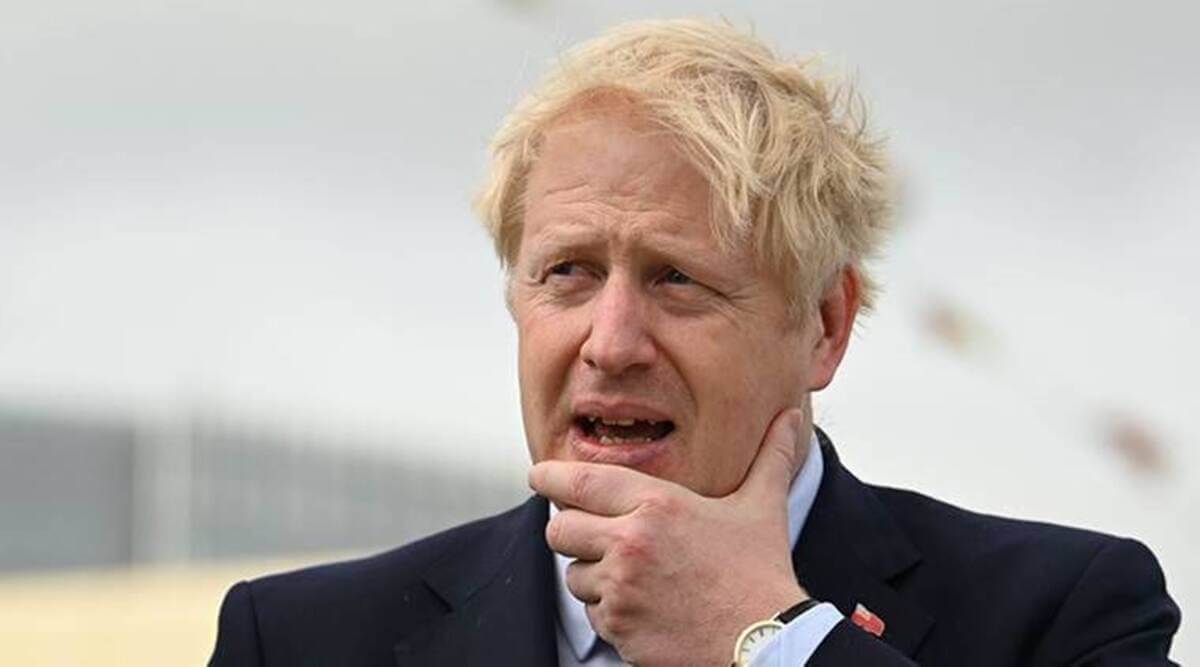On Tuesday, during Britain’s integrated review of foreign policy and defence, titled Integrated Review of Security, Defense, Development, and Foreign Policy, subtitled Global Britain in a Competitive Age, Minister Boris Johnson announced that the United Kingdom (UK) will lift the overall cap on the country’s nuclear warheads by more than 40%, a reversal from the country’s earlier policy of eventual disarmament since the disintegration of the Soviet Union.
Currently, the UK has a stockpile of 195 nuclear warheads that it was expected to cut to 180 by the mid-2020s according to the UK’s 2010 defence review. However, now the country will now be allowed to raise its limit to 260 warheads by 2030 due to an “evolving security environment” that has made the previous target of disarmament “no longer possible”. Furthermore, the UK will no longer publish data on its operational stockpile in order to maintain “deliberate ambiguity” around its arsenal. It will also aim to increase its presence in Singapore, Oman, Kenya, and Gibraltar “to extend British influence”. In addition, CNN reported that the British government wants to increase its defence expenditure by €24 billion over the next four years, which is a large increase compared to the €42.2 billion the country spent in 2019-20.
These announcements come despite the UK being a member of the Nuclear Non-Proliferation Treaty (NPT), which commits members to gradual nuclear disarmament under international law. Further, the NPT relies on the promise of nuclear-armed member states that they will not use nuclear weapons on non-nuclear armed states under any circumstances to make sure that such countries do not seek to acquire their own nuclear arsenal. However, according to the current changes proposed by the UK, the country reserves the right to withdraw assurances that it will not use nuclear weapons against a non-nuclear armed state “if the future threat of weapons of mass destruction, such as chemical and biological capabilities, or emerging technologies that could have a comparable impact, makes it necessary”. The most recent expansion of defence capabilities by the UK might instigate other countries to do the same, thus rendering current disarmament agreements void.
According to the 100-page report, the aforementioned changes in British defence policy have been made largely in accordance with China’s increasing dominance globally. “China’s increasing power and international assertiveness is likely to be the most significant geopolitical factor of the 2020s...There is no question that China will pose a great challenge to an open society such as ours, but we also work with China where that is consistent with our values and interests including building a strong and positive economic relationship and in addressing climate change,” Johnson said.
Earlier this year, Britain’s Royal Navy announced that it was deploying the Queen Elizabeth aircraft carrier in the South China Sea, which has been a zone of constant dispute between several maritime nations that have territorial disputes in the region. In response, China’s Defence Ministry spokesperson, Senior Col. Tan Kefei, said that “We believe the South China Sea should not become a battleground for big power competition, or a sea full of roaming warships.”
In recent years, the UK-China relationship has been strained by the UK openly criticising China’s forced detention of the Uighur Muslims in Xinjiang. In July 2019, the UK joined other 22 other countries in writing a letter to the United Nations Human Rights Commission (UNHRC) condemning China on the treatment of the religious minority community. In June 2020, the UK also condemned China’s imposition of the national security law in Hong Kong. More recently, it angered China by offering a citizenship route to residents of Hong Kong in order to escape the draconian national security law, which infringes on the political freedoms and threatens Hong Kong’s identity in allowing China to strengthen its control over the semi-autonomous territory.
The UK’s decision to increase its nuclear stockpile also generated anger from Iran, with Foreign Minister Javad Zarif denouncing Johnson’s “utter hypocrisy”.
In utter hypocrisy, @BorisJohnson is “concerned about Iran developing a viable nuclear weapon”. On the very same day he announces his country will increase its stockpile of nukes.
— Javad Zarif (@JZarif) March 16, 2021
Unlike the UK and allies, Iran believes nukes and all WMDs are barbaric & must be eradicated.

